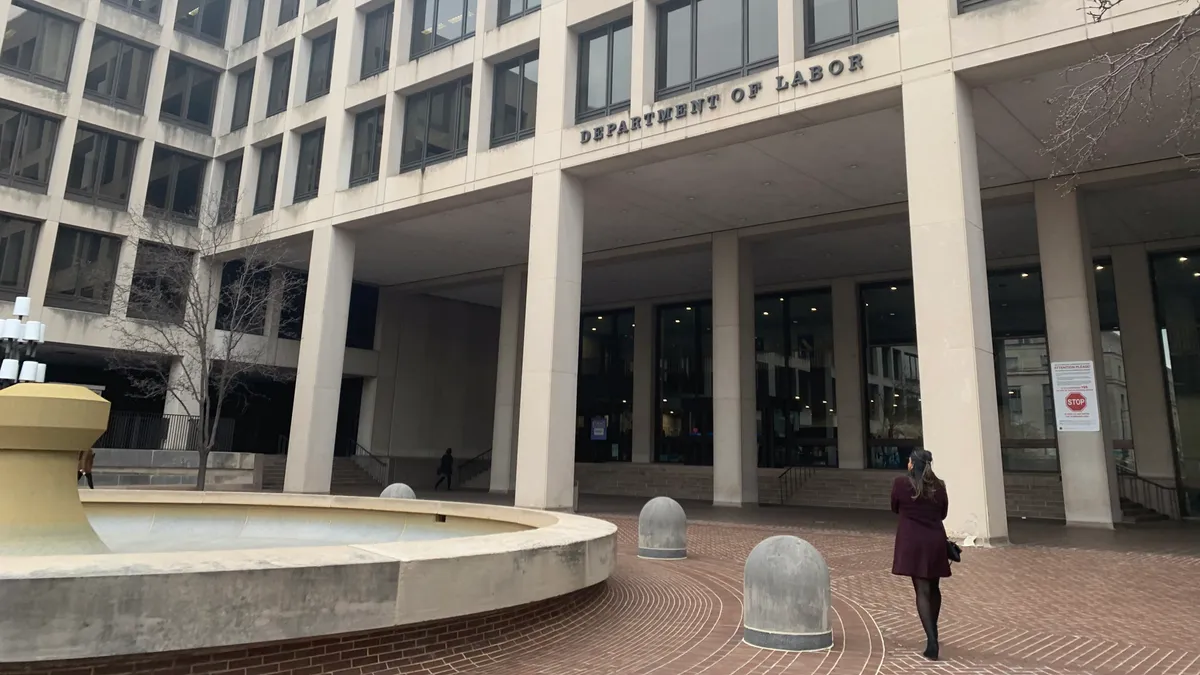Dive Brief:
- California State University Channel Islands (CSUCI) assistant nursing professor Jaime Hannans, Jill Leafstedt, CSU's executive director of Teaching and Learning Innovations, and Michelle Pacansky-Brock, faculty mentor, Digital Innovation for the California Community Colleges Online Education Initiative write in EdSurge about the value of online learning as an important element of the school's mission as a Hispanic Serving Institution. With more than 54% of its student body comprised of first-generation students and more than half having transferred from community colleges, they write about online learning as a tool to defray the invisible college costs of transportation and time away from family and work.
- Interviews with students on a CSUCI podcast offer first-person perspectives on how online courses create engagement in group discussions and teacher feedback using platforms like Zoom or VoiceThread. Their testimonials detailed how these technologies increased their sense of belonging within campus culture.
- The courses also helped to refine faculty perspectives about online learners, helping them to regard their presence and needs as highly as those of students on campus. "Nearly 30 percent of college students took at least one online class. But as more faculty are being encouraged to teach online, how often are they aware of why creating the option to take online classes supports their students’ ability to graduate," they write.
Dive Insight:
The qualitative data provided by CSUCI students supporters the increasing amount of quantitative data supporting the value of online learning. A recent study from Arizona State University revealed that of students surveyed between two four-year and two community colleges, first-time freshman retention rates were at least nine points higher among students in exclusively online or blended courses.
Those are the statistics for nonprofit blended and exclusively online programs, but there are exceptions to the success and embrace of exclusively-online learning space. Lawmakers in Florida drew criticism last fall after proposing to earmark funds for state residents to take online courses through Western Governors University, a nonprofit online-only institution which posted a 14% graduation rate, according to the most recent federal data.
But research also shows that high-impact learning modules have less of a role in student engagement and graduation rates than initially believed, and combined with a growing sense of responsibility among professors to show more personality in digital classrooms, there is a growing sense among all school types that online learning is a key to student access and persistence.












